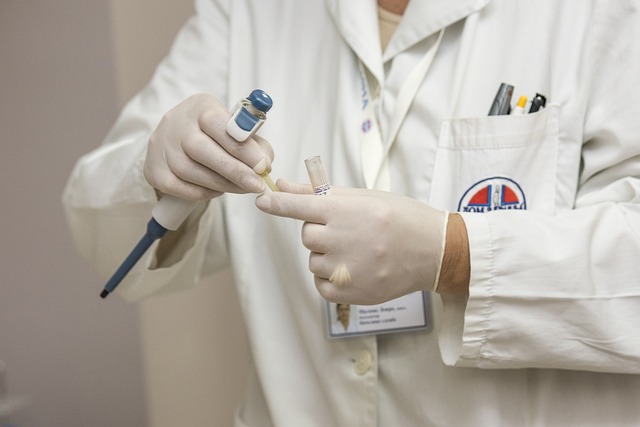Medical Record Translation: UK Home Office Submission Guide
Medical Record Translation UK: Navigating Complex Documentation for Immigration. This article explores the critical role of accurate medical record translations in UK Home Office submissions. We delve into key considerations, from understanding trans…….

Medical Record Translation UK: Navigating Complex Documentation for Immigration. This article explores the critical role of accurate medical record translations in UK Home Office submissions. We delve into key considerations, from understanding translation needs to choosing the right service, adhering to legal standards, and addressing cultural nuances. Learn about various types of medical records, technical challenges, quality assurance, timely submission strategies, and staying updated with immigration policies. Essential reading for ensuring flawless translations in dynamic immigration processes.
- Understanding Medical Record Translations for UK Home Office Submissions
- – The significance and purpose of medical record translations in immigration processes.
- – Key considerations when translating medical documents for official submissions.
- Choosing the Right Translation Service
- – Factors to evaluate when selecting a professional translation company.
- – Importance of certified translators with expertise in medical terminology.
- Legal Requirements and Standards
- – Overview of UK Home Office guidelines and regulations regarding document translations.
- – Adhering to legal standards for authenticity and accuracy.
Understanding Medical Record Translations for UK Home Office Submissions

– The significance and purpose of medical record translations in immigration processes.

– Key considerations when translating medical documents for official submissions.

When translating medical records for official submissions to the UK Home Office, several key considerations come into play. The accuracy and precision of translation are paramount as any errors or misinterpretations could have significant implications on the outcome of an application. Medical jargon is often complex and specific, therefore, translators must possess a deep understanding of both the source and target languages to convey precise medical terminology.
Cultural nuances and regional variations in language usage should also be taken into account. For instance, certain medical terms might have different connotations or even alternative meanings across cultures. Translators need to ensure that the translated documents maintain the original intent and context while adhering to the formal and official tone required for such submissions.
Choosing the Right Translation Service

– Factors to evaluate when selecting a professional translation company.

– Importance of certified translators with expertise in medical terminology.

Legal Requirements and Standards

When it comes to Medical Record Translation UK for Home Office submissions, strict legal requirements and standards must be met. The accuracy and fidelity of translations are paramount, as they can significantly impact the outcome of an individual’s case. Translators must possess not only proficiency in both the source and target languages but also a deep understanding of medical terminology and cultural nuances.
Compliance with guidelines set by the UK Home Office is crucial. These include adhering to the Official Translation Method, which ensures consistency and reliability. Additionally, translations must be certified by a qualified professional translator, confirming their authenticity and legal admissibility. Any discrepancies or shortcomings in the translation process could lead to delays or rejections, underlining the importance of meticulous attention to detail throughout.
– Overview of UK Home Office guidelines and regulations regarding document translations.

The UK Home Office places a high emphasis on accuracy and professionalism when it comes to document translations, especially for sensitive matters such as medical record translations UK. They have established comprehensive guidelines and regulations to ensure that all translated documents meet specific standards, are reliable, and comply with legal requirements. These rules apply to any foreign language documentation submitted as part of immigration, visa, or asylum applications, including medical records.
The Home Office requires that translations be carried out by qualified and certified translators who possess the necessary expertise in both the source and target languages. All translated documents must be accompanied by a sworn declaration or an affidavit from the translator, attesting to the accuracy and authenticity of the translation. Additionally, the original document should be provided for verification purposes. These measures ensure that the information contained within medical records is reliable and admissible as evidence in UK immigration proceedings.
– Adhering to legal standards for authenticity and accuracy.

When translating medical records for UK Home Office submissions, adhering to legal standards for authenticity and accuracy is paramount. Medical Record Translation UK services must ensure precise and faithful reproduction of original documents, maintaining integrity while meeting strict legal requirements. Professional translators with expertise in medical terminology are crucial to avoid errors or misinterpretations that could impact the outcome of immigration cases.
Translation quality is assessed against criteria such as fidelity to the source text, conceptual accuracy, and grammatical correctness. Translators must be proficient in both the source and target languages, understanding cultural nuances and specialized medical jargon. Compliance with these standards ensures the translated records are admissible as official documents, facilitating smoother processes for individuals seeking immigration or refugee status in the UK.






